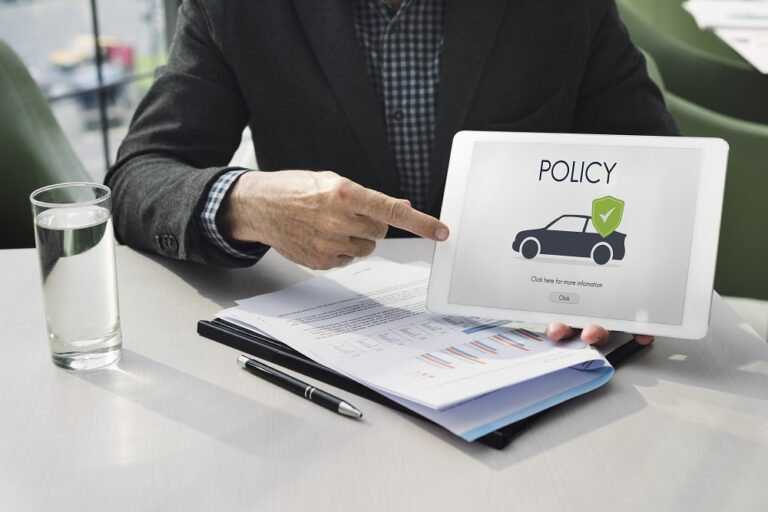Image by rawpixel.com on Freepik
A car accident can turn your life upside down in an instant, and dealing with an insurance adjuster afterward can be just as overwhelming. If you’ve been in a crash in Richmond, Texas, you might already be getting calls from an adjuster asking for statements or pushing for a quick settlement. But before you agree to anything, it’s vital to understand their role—and how to protect your rights. So, if things get complicated, a Pearland car accident lawyer can help you navigate the legal side of your claim.
Whether you’re facing minor damage or a more serious collision, knowing how to handle the insurance process is key. The primary step in the aftermath of a crash is engaging with an insurance adjuster in a way that can significantly influence the success of any claims filed.
In this guide, we’ll explain the do’s and don’ts of dealing with an adjuster so you don’t settle for less than you deserve.
Responsibilities of an Insurance Adjuster
Insurance adjusters have a role in examining claims by evaluating damages and deciding compensation amounts to protect the interests of insurance companies while ensuring fair settlements for policyholders. Understanding their responsibilities can help manage expectations during interactions.
Collecting the Required Paperwork and Files
Gathering all the paperwork before talking to an insurance adjuster is important. Police reports, medical records, repair estimates, and photos from the accident scene are crucial. Having these documents on hand can make your discussions smoother. Being organized with your paperwork shows that you’re ready for anything. That preparation can really help things go well in negotiations!
Clear and Compelling Communication
Effective communication is crucial for interactions with adjusters during accident discussions. To ensure a proper claims process, stick to the facts without exaggerating or making assumptions. Maintain a calm and polite demeanor even in challenging situations, even if the adjusters seem unsympathetic.
Understanding What to Avoid
When talking to adjusters about matters, it’s necessary to be cautious. Avoid discussing specific topics that could negatively impact the outcome of your claim. Avoid admitting fault too quickly, even when you feel somewhat responsible, as it can sway how your claim is processed. Also, steer clear of sharing extraneous personal information or unrelated stories, as they might be used against you and question your credibility.
Navigating Settlements
Adjusters typically conduct assessments before negotiations begin, which can be advantageous for understanding the expected outcomes during these talks. Seeking expert advice or studying similar cases can offer valuable perspectives on fair compensation amounts. Being willing to consider counteroffers while maintaining a strong stance on key issues is crucial for reaching fair agreements.
Seeking Help
Sometimes, seeking assistance from professionals in certain situations can be helpful. Professionals and public adjusters specialize in handling claims; their input can be valuable, mainly when dealing with severe injuries or disputes over liability. Opt for support even if it comes at a cost since the advantages typically outweigh the implications.
Recording Every Interaction
Jotting down all the specifics from each chat with the insurance adjuster is crucial for staying on track and maintaining accuracy levels. Remember to jot down details like dates and times of conversations along with the important topics discussed; this way, you’ll have a record to refer back to during talks. Having this documentation on hand could prove helpful if any inconsistencies or disagreements crop up down the line.
The Scope of Insurance Policies
Understanding the terms of an insurance policy is crucial for advocating for oneself when making a claim. Being aware of what the coverage includes enables conversations about rights and responsibilities. Reviewing the policy paperwork helps in understanding the limits of coverage and any exceptions that could affect the outcome of a claim.
Addressing Rejected Insurance Claims
Regrettably, not every claim gets approved instantly. It’s important to figure out why the requests are turned downwhen this happens. Asking for explanations from the adjusters can help pinpoint the issues that need addressing. Understanding these explanations can help determine steps , whether challenging the decision or seeking expert advice.
Dealing With Emotional Reactions
Interactions with insurance adjusters can stir up feelings because of challenging circumstances that may have occurred recently. Understanding and handling these emotions is crucial. It’s important to take breaks during discussions and lean on loved ones for support to stay centered on reaching solutions. Keeping composure plays a role in making sound decisions at every stage of the claim procedure.
Final Thoughts
Engaging with insurance adjusters after a car accident requires readiness, effective communication skills, and negotiation skills. Comprehending the adjuster’s responsibilities and gathering paperwork while staying composed empower individuals to pursue equitable settlements assertively. If needed, soliciting expert guidance guarantees informed choices. In the end, handling these exchanges judiciously boosts the likelihood of claim results.






